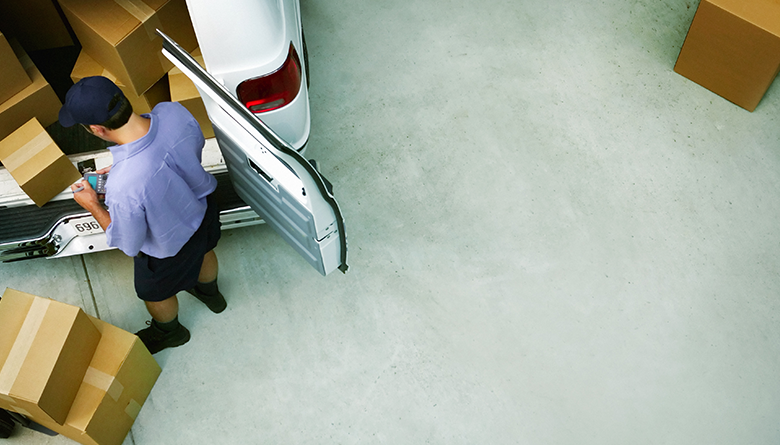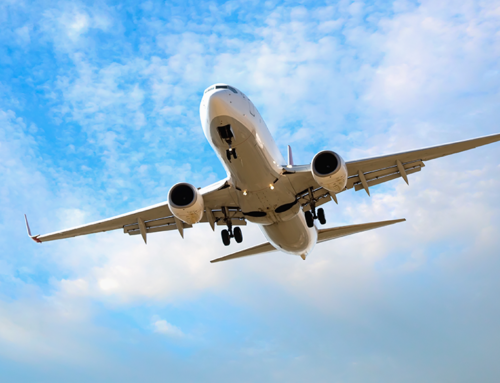By Torie Wells
As you read this, millions of cardboard boxes are being delivered to homes in cities across the country — one, two, even three packages at a time. With that influx of deliveries also comes increasing concern over a rise in congestion, emissions, and energy consumption from the trucks tasked with that transport.
Cara Wang, an associate professor of civil and environmental engineering at Rensselaer Polytechnic Institute, and José Holguín-Veras, director of the Center for Infrastructure, Transportation, and the Environment at Rensselaer, are studying how cities might address the logistical problems caused by a surge in online deliveries. Their work is supported by the Department of Energy.
Earlier this year, as part of that research, they surveyed 550 people across the country. What they found indicates that some online shoppers are open to receiving packages in another way, if it would help offset these growing problems.
Approximately 54% of respondents told the team they were likely, or extremely likely, to accept delivery to lockers. About 49% were open to consolidating the number of deliveries made to their home rather than receiving each item as it became available. Only about 40% were willing to consider workplace delivery. The researchers also asked about night delivery and crowd delivery. Roughly 46% of respondents were open to those options.
“Education is very important,” Wang said. “Once people realize that, by reducing the frequency of deliveries to their home, they can help reduce the energy consumption of the freight sector and they can help reduce the congestion in their living area, they actually increase their acceptance rate a lot.”
When those who took the survey were reminded of the collective benefits that their change in behavior could elicit, their willingness to take action increased by about 10%.
The team is also in the process of analyzing GPS data that it collected from trucks making deliveries between Albany and New York City, and in the metropolitan area. The researchers want to know how long those trucks were idling because of congestion, how much energy they consumed, the amount of emissions they released, and how much money was spent.
“We hope the information we gather can continue to inform public and private policy changes that will benefit the environment, reduce congestion, and increase efficiency and savings for companies,” said Holguín-Veras, who is also an endowed chair professor at Rensselaer.




